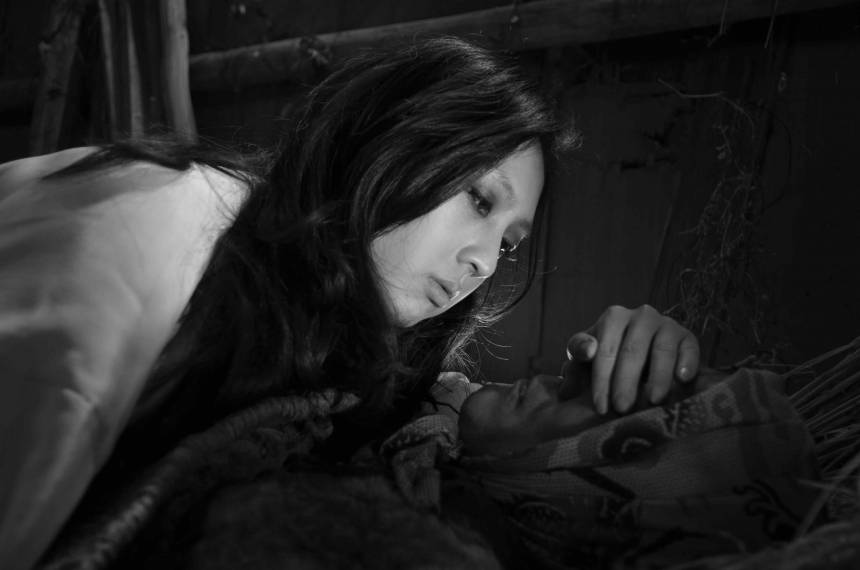
March 4, 2017
Snow Woman
Kiki Sugino is a jewel of the contemporary Japanese film scene, and believe me, there are fewer of them around than there used to be. The actress-director-producer (and in the present case, screenwriter) has carved out a huge space in the current Japanese indie industry, and she just keeps on getting better. To start with, […]
By Rob Schwartz
Kiki Sugino is a jewel of the contemporary Japanese film scene, and believe me, there are fewer of them around than there used to be. The actress-director-producer (and in the present case, screenwriter) has carved out a huge space in the current Japanese indie industry, and she just keeps on getting better. To start with, as an actress she’s put in powerful performances in some of the best low-budget Japanese flicks of the last 5 years (Odayaka, 2012; Au Revoir L’ete, 2014; Chigasaki Story; 2015). And we can see her development as a director (this is her third effort) to the confident, off-beat auteur who crafts this work.
Snow Woman is an updated take on the ghost story turn-of-the-century author Lafcadio Hearn recorded. And Sugino has some big shoes to fill in filming it. Director Masaki Kobayashi included the piece as one part of the omnibus pic Kwaidan (1965). It won the Special Jury Prize in Cannes and was nominated for a foreign language Oscar. Sugino’s modern-day interpretation premiered at the Tokyo International Film Festival last year. It starts as Minokichi (Munetaka Aoki) and his mentor Mosaku are forced to spend the night in a forest hut. Minokichi awakes to find a spirit woman breathing icy death onto Mosaku’s face. The Yuki-onna (Sugino) spares Minokichi on condition of silence about the event. Later Minokichi meets a beautiful but mysterious woman (again Sugino). They marry and she gives birth to Ume (Mayu Yamaguchi). Their daughter grows into an attractive teenager but something is amiss. People are turning up dead, scarred with frostbite, in the forest. The factory in the town where Minokichi works starts to produce odd-shaped lamps.
Aside from updating it to the modern day, Sugino is relatively faithful to Hearn’s account. But the storytelling style is all her own. It’s filled with subtle pauses, odd asides, and grand attention to detail. The spare work manages to be gripping, leisurely and lyrical at the same time. In this way it may fall between the stools. Horror or supernatural film freaks will find it too slow while art-house lovers may find it too otherworldly. But if you can accept the film on its own terms, Snow Woman is an eerie delight. (Japanese title: Yuki-onna; 95 min.)







